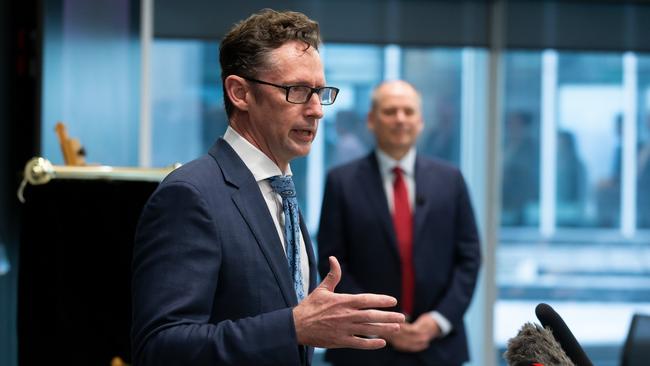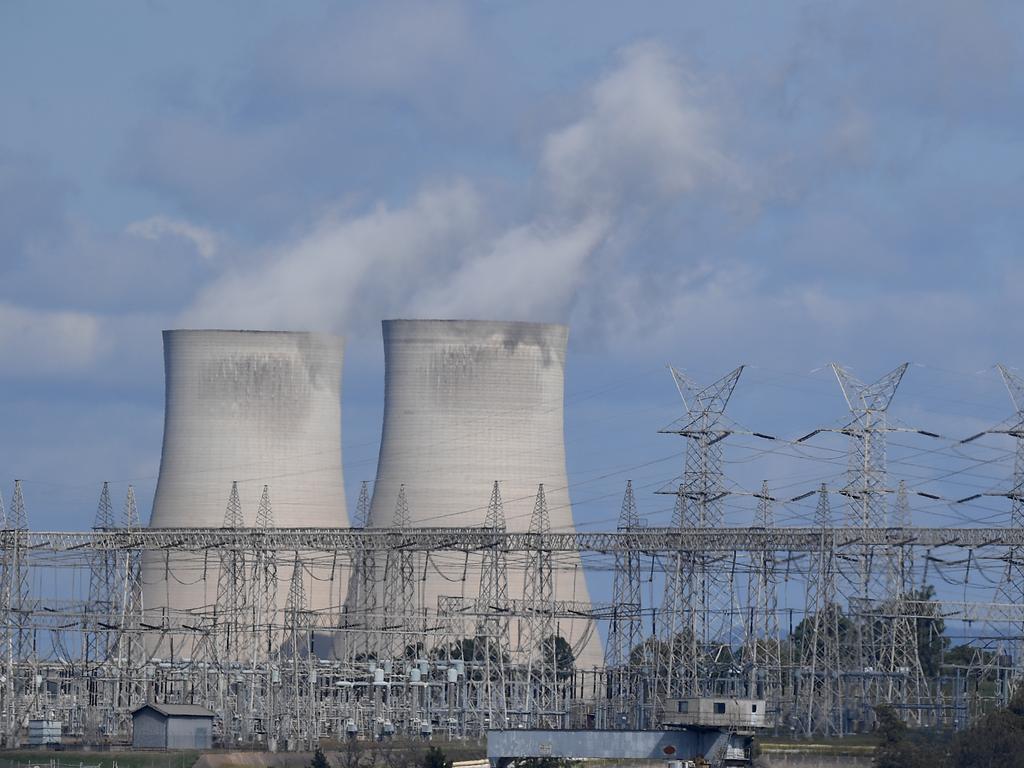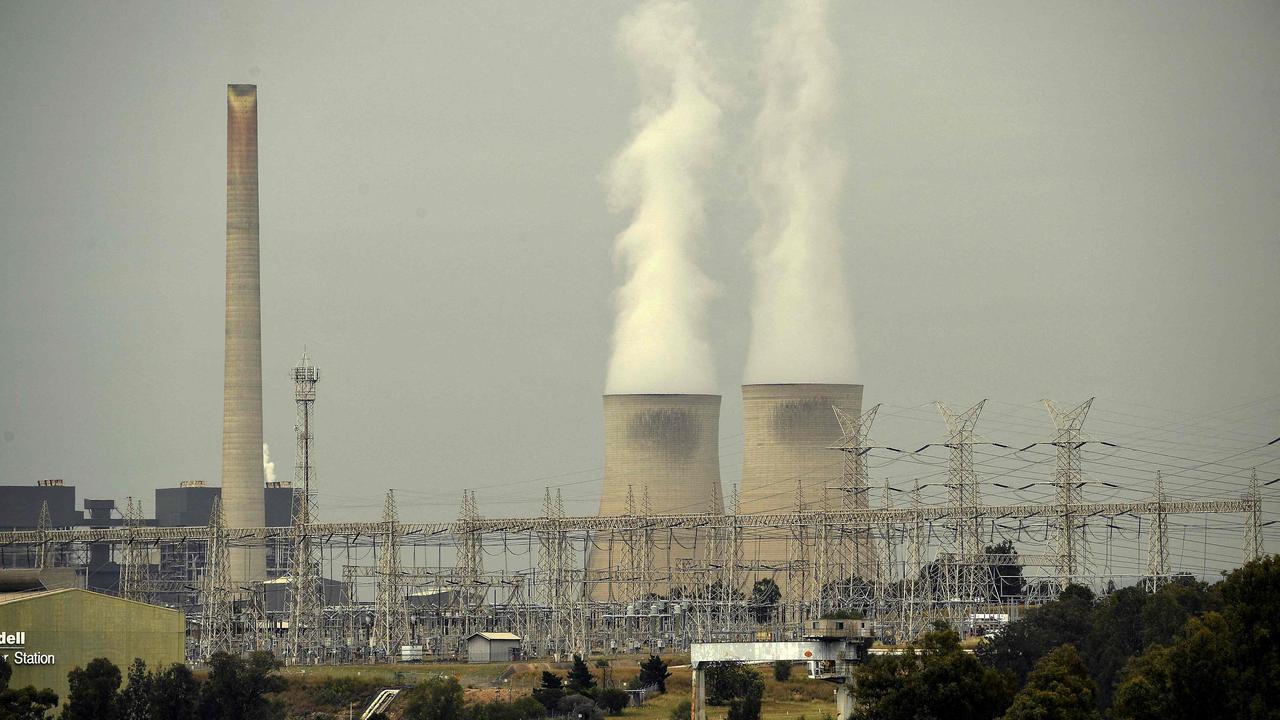
The need for a globally compatible, mandatory standard of reporting for Australian companies on their moves to reduce carbon emissions has taken another step forward in this week’s budget.
Tucked away down the bottom of budget paper number two, on page 190, was the news that the government would be spending another $36m over the next four years to support climate modelling and the development of climate reporting standards.
Almost $30m of this will be spent on modelling the risks and opportunities of climate change, while $6.2m is earmarked for the Treasury and the Australian Accounting Standards Board to “develop and introduce climate reporting standards for large businesses and financial institutions, in line with international reporting standards”.
Australia has come late to the commitment to move towards net zero emissions by 2050 and its implications for companies.
The Albanese government has significantly stepped up Australia’s commitments, by legislating national targets for 2030 and 2050, and now moving in other areas including encouraging more investments in renewable energy and putting more pressure on big polluters to cut back emissions under changes to the Safeguards Mechanism which will come into force next July.
But big Australian corporations, which operate in a global world, have found themselves in a situation where shareholders and stakeholders are expecting higher standards of commitment and reporting on their decarbonisation activities, but there are no agreed local standards.
Global reporting standards are evolving, but big business and the funds management industry has been looking to Canberra for a constructive lead on what may become mandatory here.
With no standards in Australia at the moment, those companies making credible public commitments to reduce their carbon footprint are at a disadvantage against companies that don’t make any commitments or make commitments which are more about greenwashing than actually doing anything verifiable.
In the US, the Securities and Exchange Commission has signalled its plans to make climate change reporting mandatory.
In Australia the Australian Securities and Investments Commission (ASIC) has been stepping up its warnings about companies involved in greenwashing, but it doesn’t have the regulatory power to enforce companies to make mandatory disclosures on carbon emission reduction plans.

The situation also makes it harder for the Australian fund management industry – one of the largest in the world thanks to the $3.3 trillion in superannuation – to make judgments about the companies it invests in.
At the moment, ASX-listed companies have effective carte blanche to say what they want about what they are doing on climate change – as long as it is not blatant greenwashing. The Financial Services Council, which represents super fund and fund management sectors, has been calling on the government to support the introduction of a mandatory climate risk disclosure regime in line with the Task Force on Climate-related Financial Disclosures (TCFD) framework.
In a recent submission to the government, the FSC argued that funds need reliable information about the emissions of an investee company “to more efficiently allocate capital and reliably achieve” their own net zero targets. Under the current system, it says, there are big inconsistencies in reporting practices across Australian companies.
At the moment 103 of the top 200 listed companies in Australia voluntarily meet reporting standards using the TCFD standards.
But even within those standards there are differences in reporting standards in Australia.
“The consistency and quality of disclosures around scope 1, 2 and 3 emissions across companies can vary,” the FSC said. “There is also inconsistency in the use of scenario analysis and a lack of transparency on assumptions and metrics behind scenarios.
“This makes it difficult for funds to assess whether a company is truly aligned with the targets they have set to align their activities with the goal to limit warming to well below 2 degrees above pre-industrial levels or 1.5 degrees.”
Mandatory reporting, the FSC says, would also “lift the other half of the listed company sector currently not reporting according to the TCFD framework up to best practice, boost investor confidence and further facilitate the allocation of capital toward the transition.”

In a recent report, KPMG noted that the level of reporting on climate change issues by listed companies falls away significantly below the ASX 100 level.
While the issue has been on the table with increasing focus, more information came to light on Wednesday about what the government is thinking.
Briefing the FSC in a webinar after the budget, Assistant Treasurer Stephen Jones confirmed the government had started talks with industry “at an informal level” over the potential for mandatory disclosure standards and what form they might take.
The government was hoping to “have something more substantial to talk to stakeholders about” before the end of the year.
The call for mandatory disclosure regime is another sign that it has been the private sector which has been pushing governments in Australia for action on climate change issues – a reflection of the fact companies and fund managers have to operate in line with global expectations.
As Jones said, his government wished the issue had been sorted by now and that it would have been just a matter of enforcement of standards. He was “heartened” by the engagement of the fund management and corporate community in Australia on the issue.
As he said, most big companies in Australia are operating in the European and North American markets where the debate is much more advanced.
“This is not out of the blue for them,” he said, admitting “we are behind the game We want to move very quickly on this.”
Just how fast the government will move and at what level it will introduce mandatory climate change reporting is not yet clear.
But corporate Australia has been put on notice.







